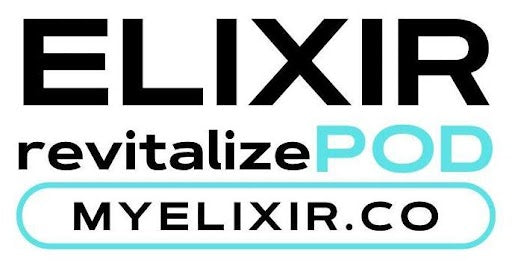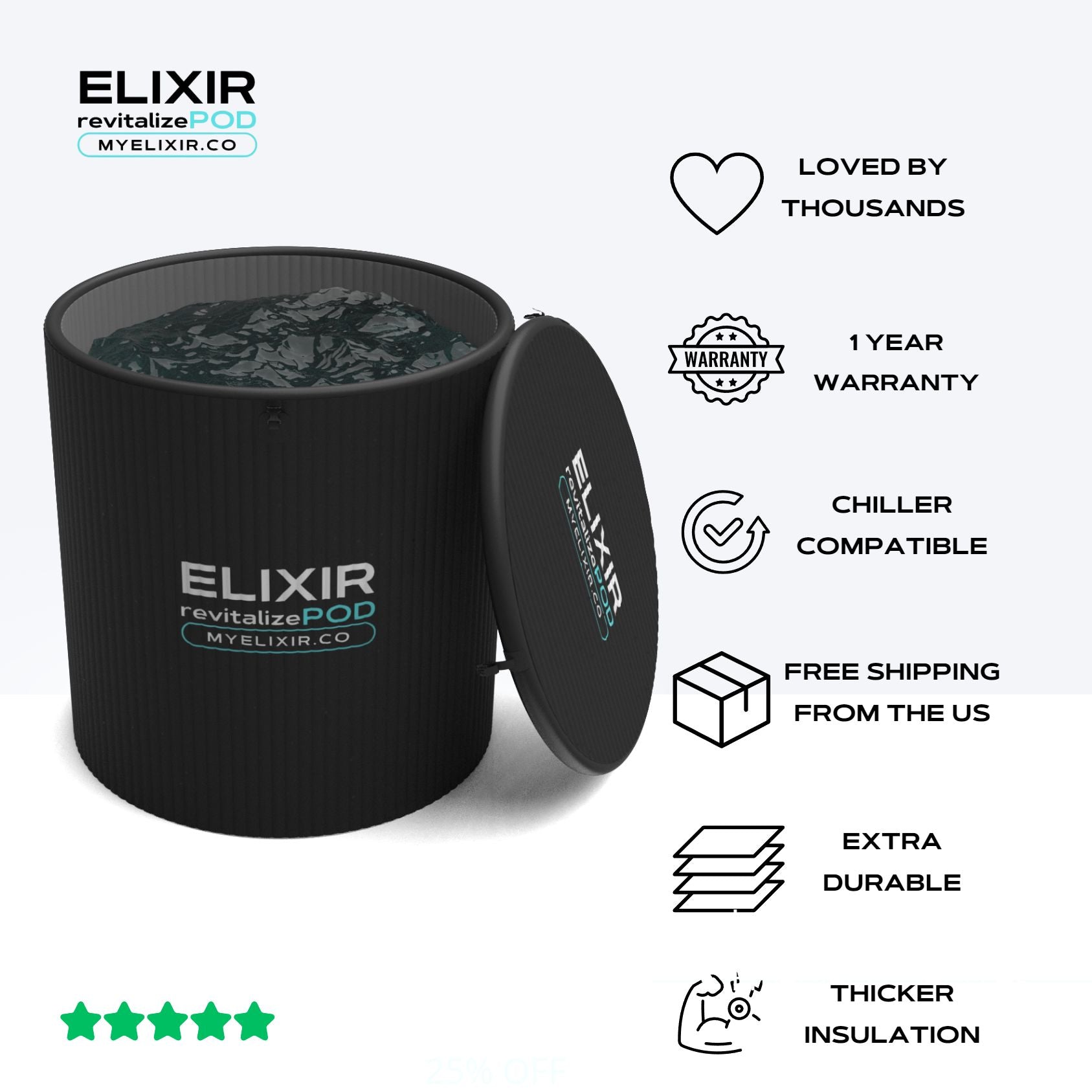Staying hydrated is crucial for overall health and performance. While it’s well-known that drinking water is essential, understanding why hydration matters and maintaining the right balance can significantly impact your well-being, whether at rest or during intense physical activity. This article explores the importance of hydration, how it affects daily functions and exercise, and the dangers of both dehydration and overhydration.
The Role of Hydration in Daily Life
Water makes up about 60% of the human body, playing a vital role in many bodily functions. It regulates temperature, facilitates digestion, transports nutrients, and supports cognitive function. Even mild dehydration can disrupt these processes, leading to symptoms like fatigue, dizziness, and headaches.
Daily Hydration Tips:
- Start Your Day with Water: Drinking a glass of water in the morning helps kickstart your metabolism and replenish fluids lost overnight.
- Maintain Consistent Intake: Experts recommend aiming for around 8-10 cups (2-2.5 liters) of water per day, though this can vary based on age, activity level, and climate.
- Eat Hydrating Foods: Fruits and vegetables like watermelon, cucumber, and oranges contribute to your fluid intake and provide essential vitamins and minerals.
Hydration and Exercise: Why It Matters
When you exercise, your body loses water and electrolytes through sweat. If you don’t replace these fluids, dehydration can set in, affecting your physical performance and health. Dehydration can lead to decreased endurance, muscle cramps, and an increased risk of heat-related illnesses such as heat exhaustion or heatstroke.
Why Hydration is Key for Exercise:
- Temperature Regulation: Water helps your body stay cool. During physical activity, sweat evaporates from your skin to cool you down. If you’re not adequately hydrated, your body’s temperature regulation mechanism can falter, leading to overheating.
- Energy Levels and Performance: A study published in the Journal of Athletic Training highlighted that even a 2% loss in body weight due to dehydration can impair physical performance. This can result in reduced strength, speed, and endurance.
- Muscle Function: Water is essential for muscle contraction. When muscles are dehydrated, they fatigue more quickly, which can lead to decreased performance and an increased risk of injury.
Hydration Tips for Exercisers:
- Pre-Hydrate: Drink water before beginning your workout to ensure your body starts fully hydrated.
- During Exercise: Aim for about 7-10 ounces of water every 10-20 minutes during exercise. For intense or prolonged activities, consider a drink with electrolytes to replace sodium, potassium, and other minerals lost through sweat.
- Post-Exercise Hydration: Replenish fluids after your workout. A good rule of thumb is to drink 16-24 ounces for every pound lost during physical activity.
The Risk of Overhydration
While much focus is placed on the dangers of dehydration, overhydration (or water intoxication) can be equally concerning, although less common. Overhydration occurs when you drink excessive amounts of water, diluting the sodium levels in your blood to dangerously low levels, a condition known as hyponatremia.
Signs of Overhydration:
- Nausea and vomiting
- Headaches
- Confusion or disorientation
- In severe cases, seizures or coma
Finding the Balance: Maintaining the right balance between hydration and overhydration involves listening to your body’s signals. Thirst is a natural indicator that you need to drink water. While athletes or those engaged in prolonged, intense exercise may need to drink more than usual, it’s essential not to go overboard. The New England Journal of Medicine highlights that drinking based on thirst, rather than a strict regimen, is an effective way to avoid overhydration.
Conclusion: The Goldilocks Rule of Hydration
Staying hydrated is about finding that “just right” balance. Your body needs enough water to function optimally but not so much that it disrupts the electrolyte balance. For day-to-day life, drinking water consistently, consuming hydrating foods, and paying attention to your body’s cues can help. For athletes or those with active lifestyles, understanding how much fluid you lose during exercise and replenishing accordingly is key to maintaining peak performance and health.
Remember, whether you’re simply going about your daily routine or pushing through a rigorous workout, water is your best ally. Make hydration a priority, and your body will thank you with better energy levels, improved performance, and overall well-being.



